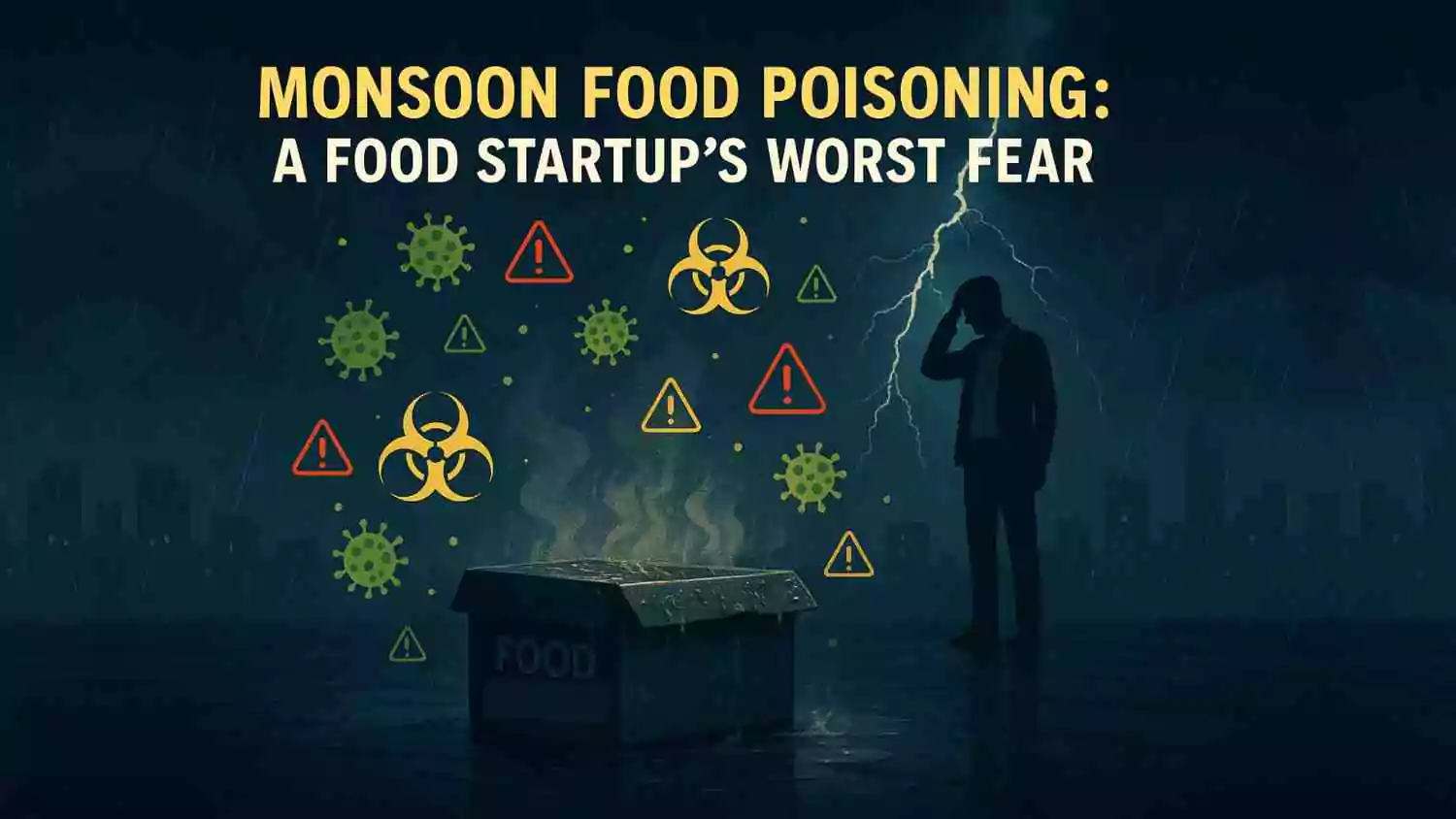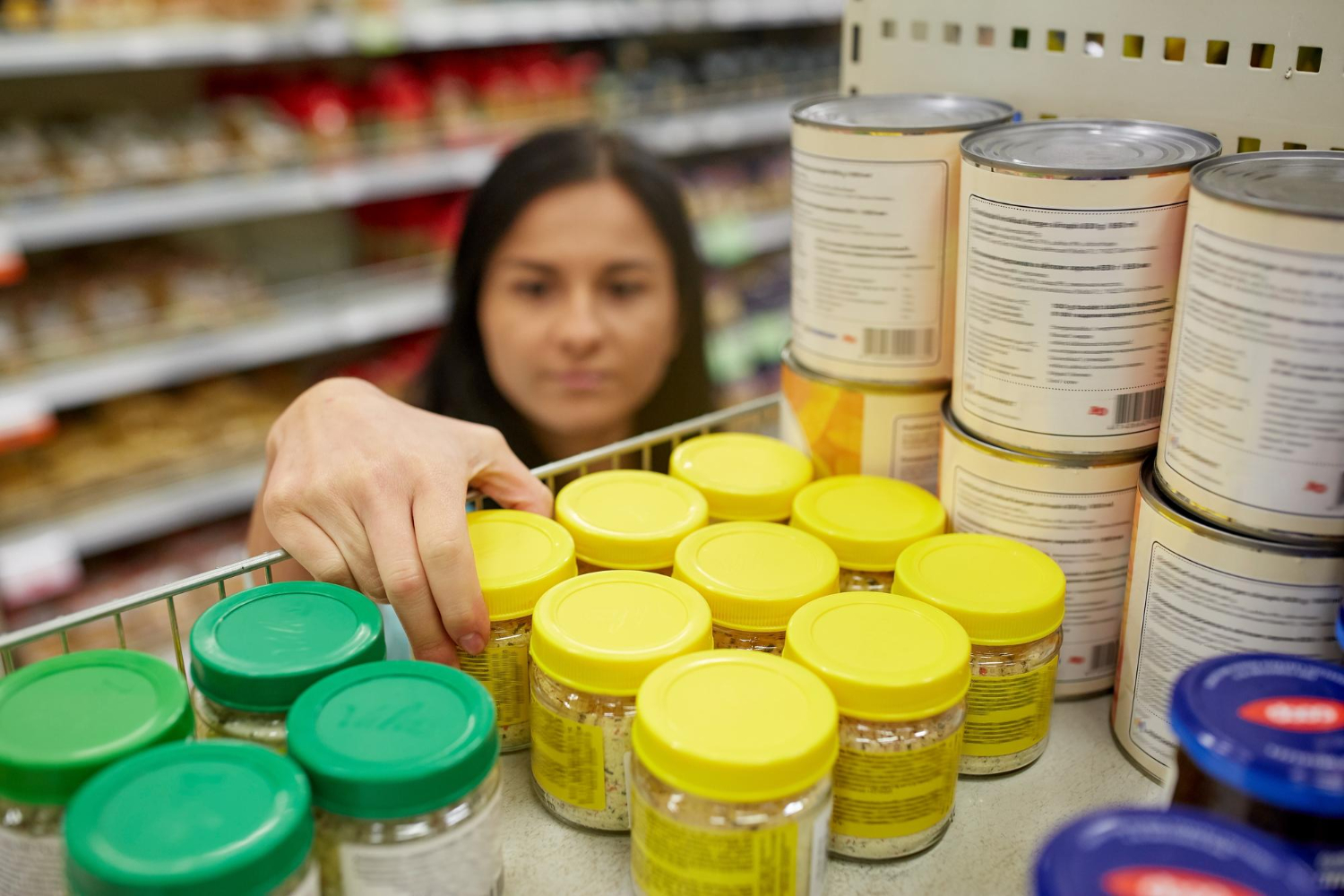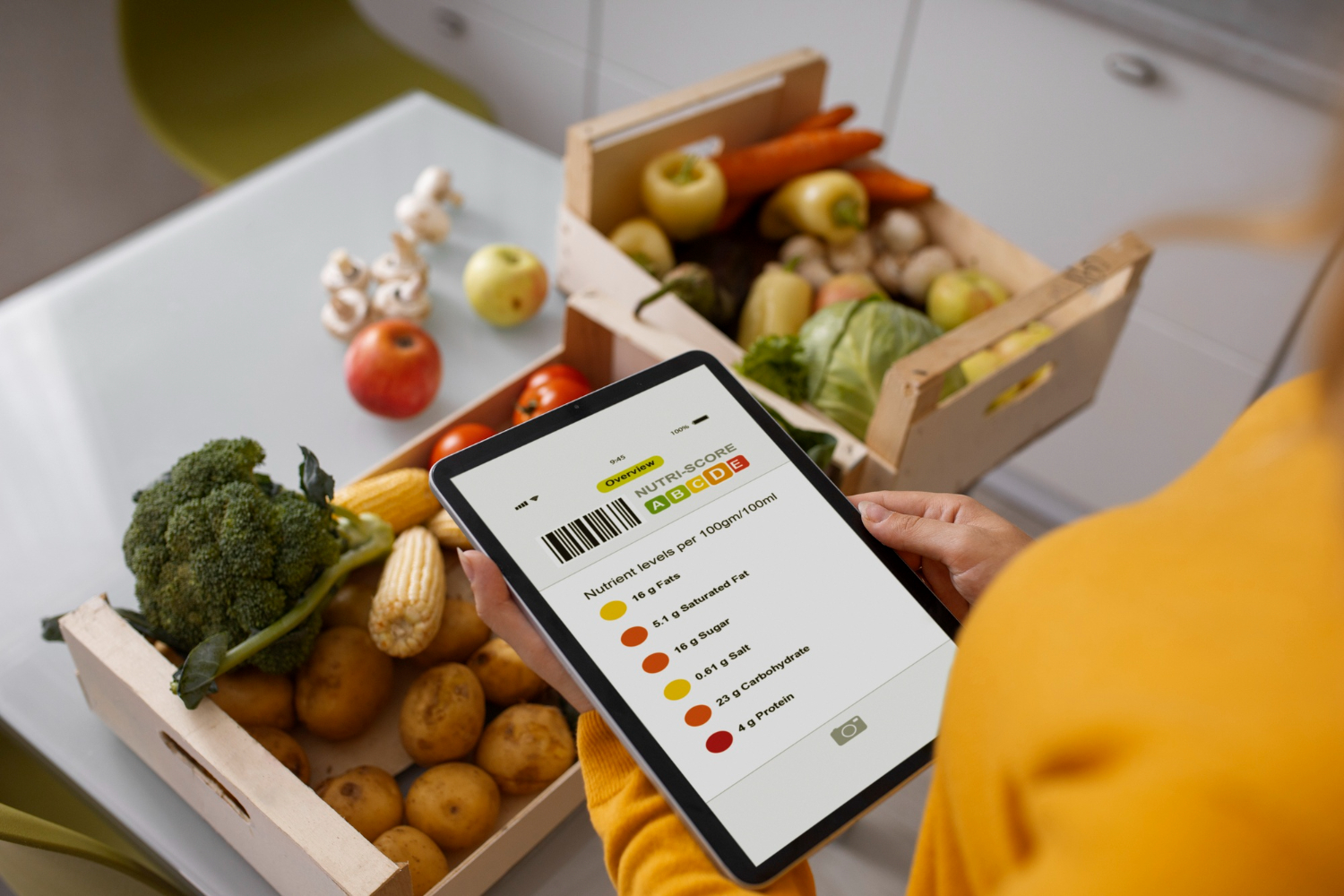10 Reasons Why Nutritional Labelling Is Crucial for Your Food Business
- 16 October, 2024

Nutritional labelling plays a vital role in the success of your food business. It goes beyond just listing ingredients.
It helps your customers understand what they are consuming and builds trust in your brand. Here are 10 reasons why nutritional labelling is a must for food manufacturers.
1. Consumer Transparency
Nutritional labels give your customers the information they need to make informed choices. In today’s health-conscious world, people want to know what is in their food. Providing clear nutritional details builds transparency and trust.
2. Strengthens Food Testing and Safety
Having accurate nutritional information also ensures that your product has undergone proper food testing services. Testing guarantees that the claims you make on the label are accurate and reliable. This boosts your credibility and ensures that your product meets food safety standards.
3. Regulatory Compliance
In many countries, including India, nutritional labelling is a legal requirement. If you are a food manufacturer, adhering to these guidelines ensures compliance with food safety laws. It helps avoid fines, recalls or other legal issues.
4. Improves Product Shelf Life
By detailing the ingredients and nutrition, you also inform consumers about how long your product can last. This indirectly ties to the shelf life of your food items. Clear labelling helps customers store products properly, preventing spoilage and waste.
5. Builds Consumer Trust
When customers see accurate nutritional information, they feel more confident about the quality of your product. This trust can lead to repeat purchases and brand loyalty. For example, if your label shows your product is low in sugar or high in protein, health-conscious consumers will take note.
6. Supports Better Marketing
Nutritional labels offer an excellent marketing opportunity. You can highlight the benefits of your product, such as being low in fat, high in vitamins or free of artificial ingredients. These attributes attract customers looking for healthier options.
7. Enhances Product Differentiation
In a crowded market, nutritional labelling helps set your product apart. If your product has a unique nutritional benefit, such as a higher fibre content or lower calories than your competitors, listing it clearly on the label can make a big difference.
8. Promotes Health Awareness
Many consumers use nutritional labels to manage health conditions like diabetes or high blood pressure. By offering detailed nutritional information, your brand becomes part of their health journey. You’re not just selling a product; you’re helping people make better food choices.
9. Ensures Accurate Serving Sizes
One of the most confusing things for consumers is understanding portion control. Proper nutritional labelling clarifies serving sizes and helps people know exactly how much they should consume. This adds value to your product, making it easier for health-conscious customers to track their intake.
10. Boosts Consumer Satisfaction
Accurate nutritional labelling can improve overall consumer satisfaction. Customers appreciate transparency and reliability. When they trust your product, they’re more likely to share positive reviews and recommend your brand to others. This can lead to more sales and long-term success for your food business.
Nutritional labelling is not just a regulatory requirement. It is an essential tool that can benefit both your customers and your food business. From building trust to enhancing product differentiation, nutritional labels add value to your brand. They improve customer satisfaction and ensure your food products comply with industry standards. By investing in clear and accurate labelling, you also improve your shelf life management and product quality, while food testing services help validate your claims.

























